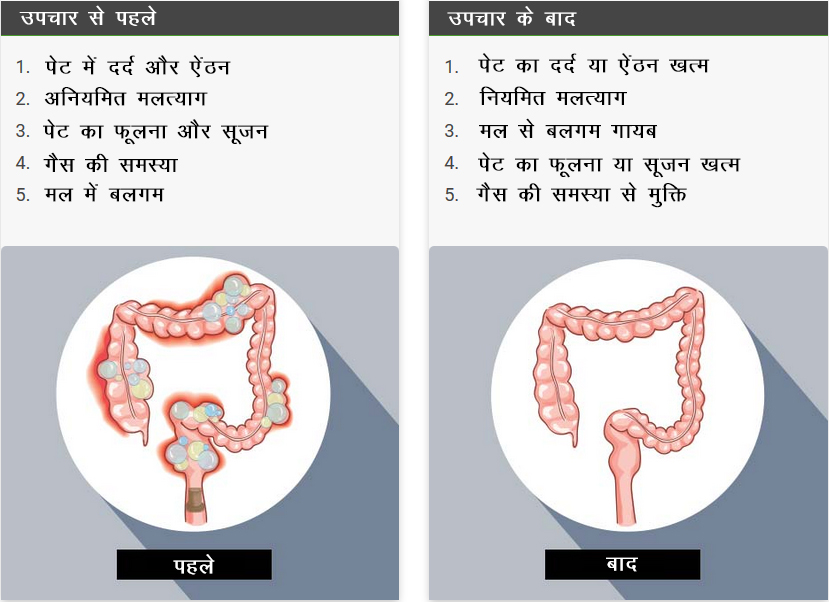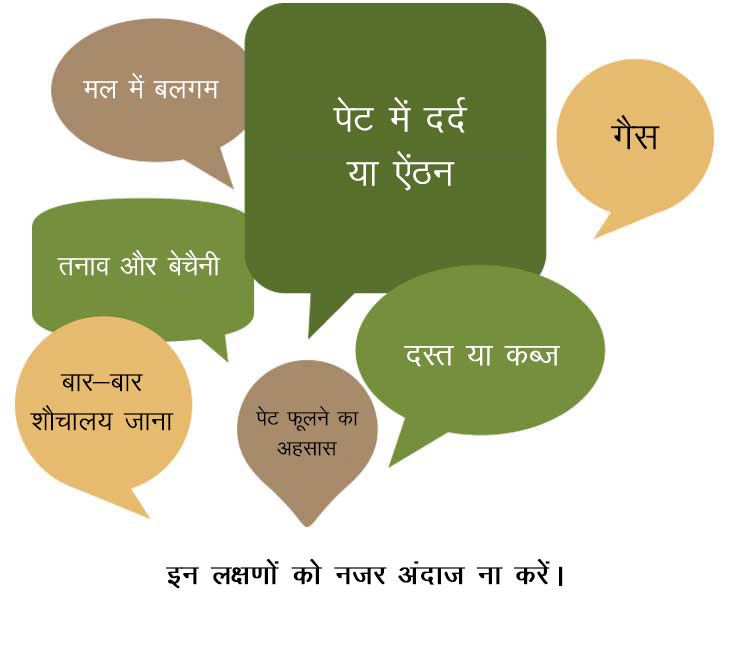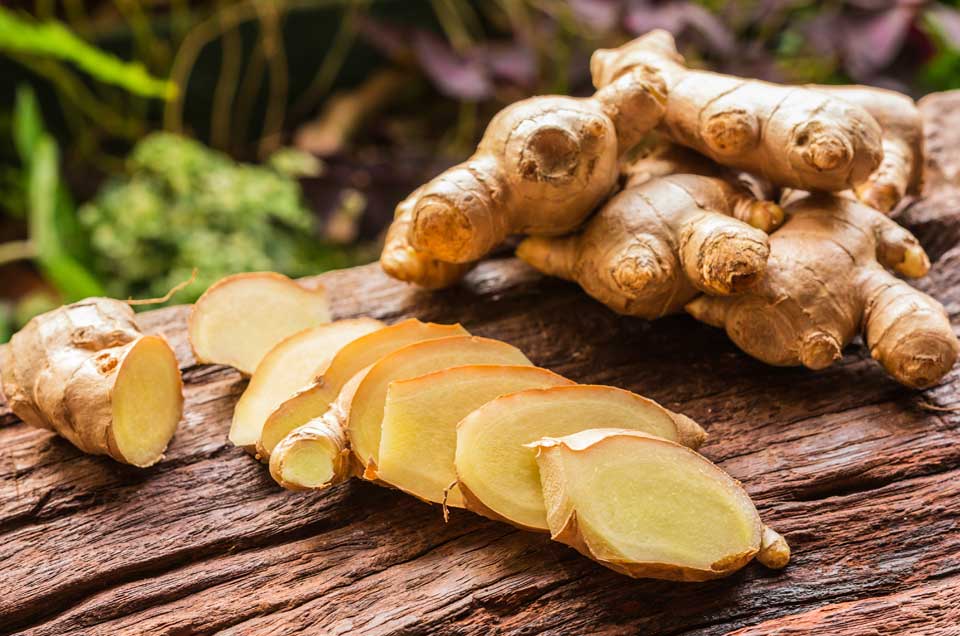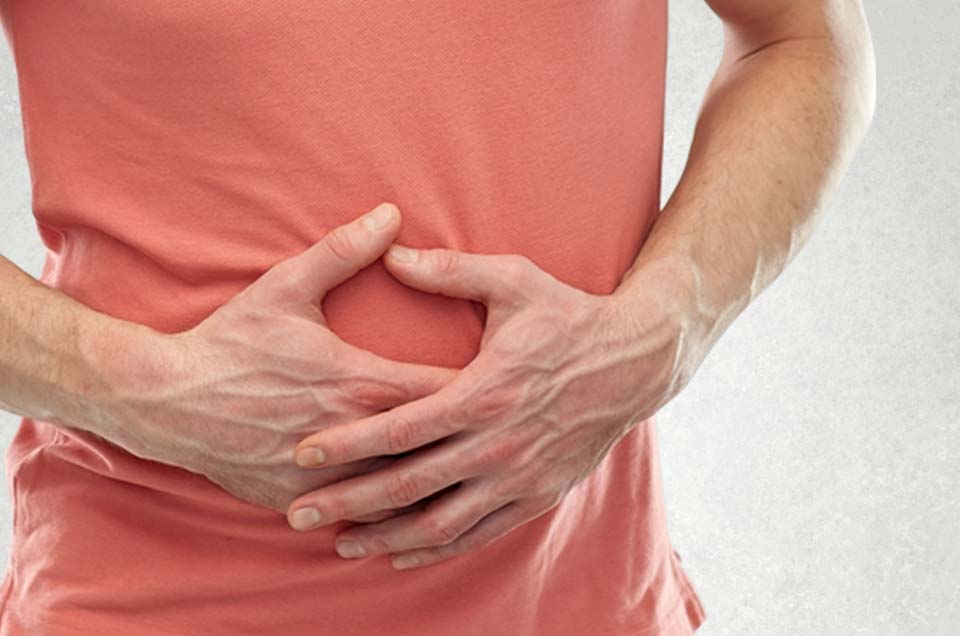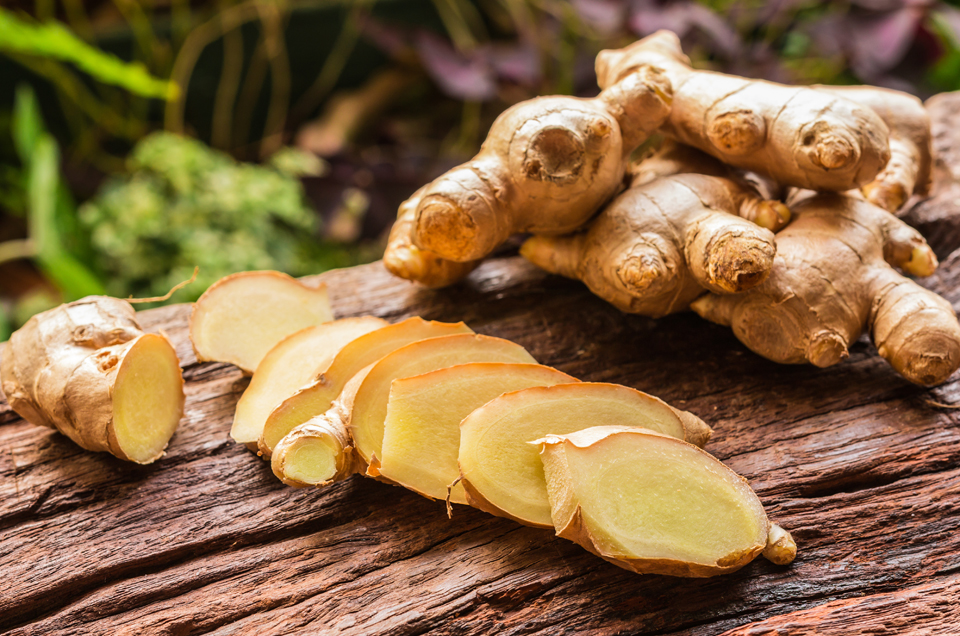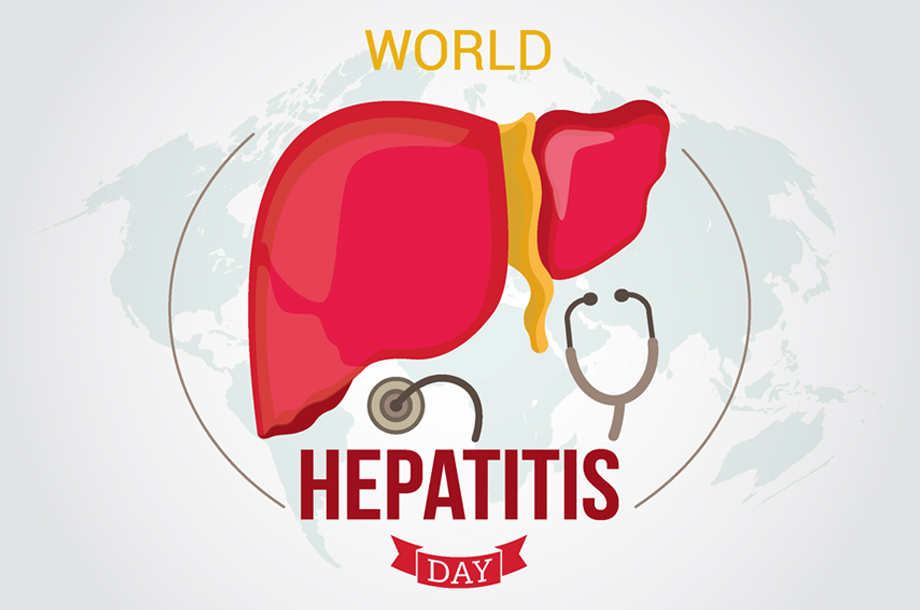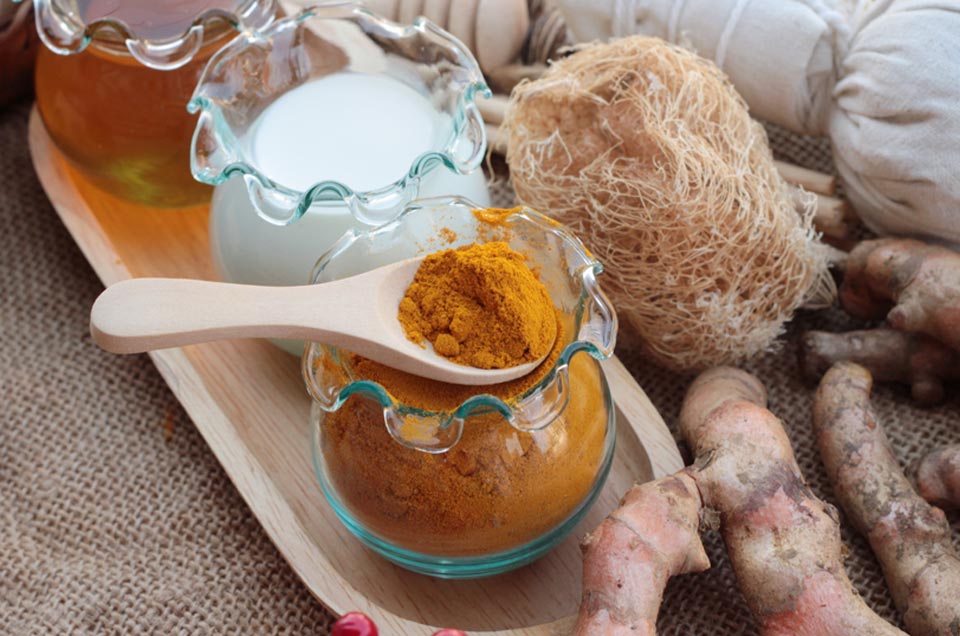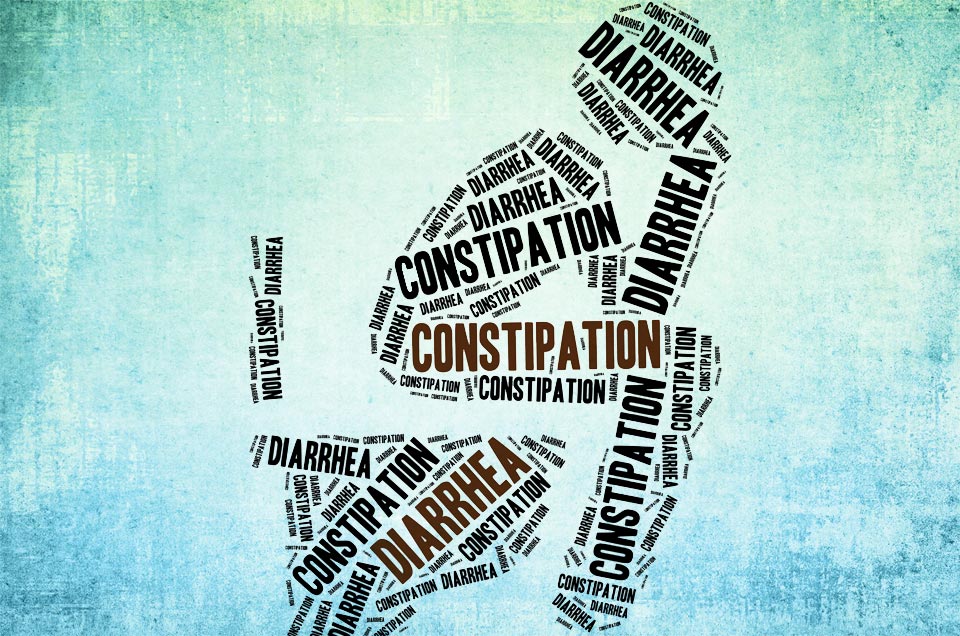Ayurvedic perspective of Anemia
In Sanskrit, Pandutya means whitish coloration. Since anemia is characterized by a whitish tint on skin, eye and nails, it is called PANDUROG in Ayurveda. It is caused by nutritional deficiency, excessive dieting, weak digestive fire (agni), emotional stress, worm infestation, loss of blood, etc. All such factors cause an imbalance in agni, which eventually leads to the formation of ama (toxins) in the body thereby blocking the channels of rasa dhatu. This disruption is caused by aggravated or imbalanced dosha/s in the body. Depending upon which particular dosha is imbalanced, anemia has been classified into Vataj, Pittaj, Kaphaj and Sannipatik types in Ayurveda.
Anemia symptoms
People who are anemic most often experience fatigue, palpitations, dizziness, headache, insomnia, and numbness in fingers and toes. While it’s normal to feel tired after a long day at work or a heavy exercise session, when you're anemic, you feel weary after shorter periods of exertion as your body's cells become starved for oxygen. As the condition worsens, your body can experience physical anemia symptoms — your skin could become pale, your nails brittle and lips may be discolored. There can be body aches and loss of appetite. Indigestion, constipation and flatulence also result from anemia. In severe cases, patients tend to faint frequently, and the ankles are often swollen.
You should see your doctor if you are experiencing any of these anemia symptoms frequently. Anemia can be diagnosed through a simple blood test. If left untreated, anemia symptoms can make you so tired that you can't complete everyday tasks. Severe anemia may increase your risk of developing complications that affect your heart or lungs.
Prevention and Ayurvedic treatment for Anaemia
The underlying root cause of anemia can be different for individuals. Therefore, it is important to identify the root cause of anemia and then treat it accordingly rather than just focusing on addressing its physical symptoms. Ayurveda treatment for anaemia identifies the root-cause of the problem for an individual patient and then offers a tailor-made solution comprising of home remedies, herbal medicines as well as diet and lifestyle recommendations according to the patient’s health status. Such a holistic approach of Ayurveda helps the patient live a disease-free life for a long period while incorporating healthy changes in the lifestyle for overall wellbeing.
Ayurvedic diet and home remedies for Anemia
- Have 1 bowlful of pomegranate, with a dressing of 1 teaspoon of lime juice for breakfast.
- Have a bowlful of spinach-tomato soup in the mid-morning. Boil 250 grams of finely chopped spinach with 100 grams of tomato in 4-5 cups of water to prepare a soup consistency. Strain the liquid and discard the solids. Add roasted cumin seed powder, rock salt, and lime juice (to taste) to the liquid.
- Soak 2-3 tsps. of fenugreek (methi) seeds overnight. Add these to a handful of rice and cook in the pressure cooker. Add salt to taste. Eat methi rice daily for a month.
- Make a powdered preparation of dried asparagus (shattavari), Indian gooseberry fruit (amla) and licorice root in equal quantities. Have 1 teaspoon of this powder twice a day with milk.
- Have ½ bowlful of boiled black gram with a dressing of chopped onions, tomatoes, cucumber and lime juice. You can add roasted cumin seed powder and rock salt to taste.
- Have a glassful of carrot juice mixed with 1 teaspoon of limejuice once a day, preferably mid-morning or evening.
- Soak 10-12 raisins in water and leave them overnight. Have them in the morning.
- Have 2 bananas every day. It promotes the production of hemoglobin in the blood. You can also eat apples daily.
- Mix half a cup of apple juice with half a cup of beetroot (chukandar) juice. Add a tsp of honey and stir well. Have this juice twice a day.
- Soak black sesame (til) seeds in warm water for 2 hours. Grind it to paste and add honey or jaggery (gur) to it. Mix well. Put this in a glass of milk and have it daily.
Even after consuming an iron-rich diet, if you feel fatigued or experience other anemia symptoms, please consult a doctor for a safe, effective and root-cause based Ayurvedic treatment for Anaemia. As there are different reasons for anemia, it could be a result of other factors like stress or an underlying medical condition.



